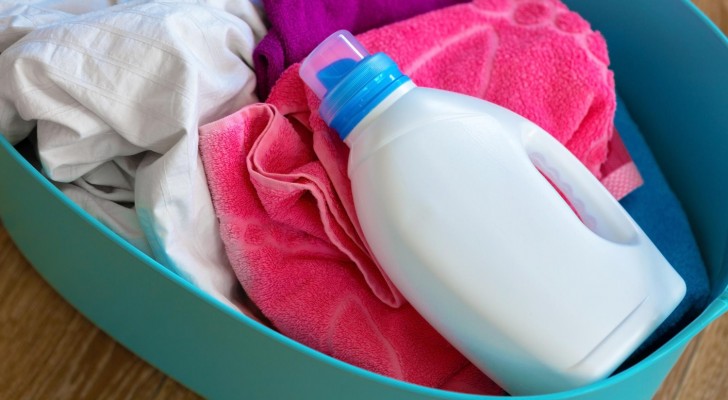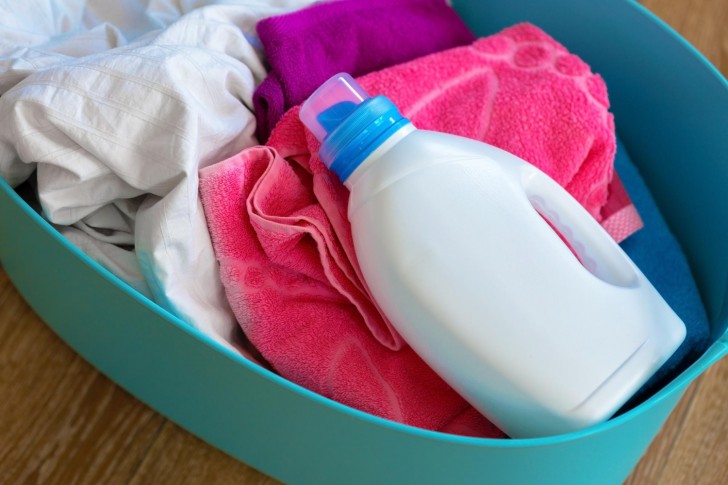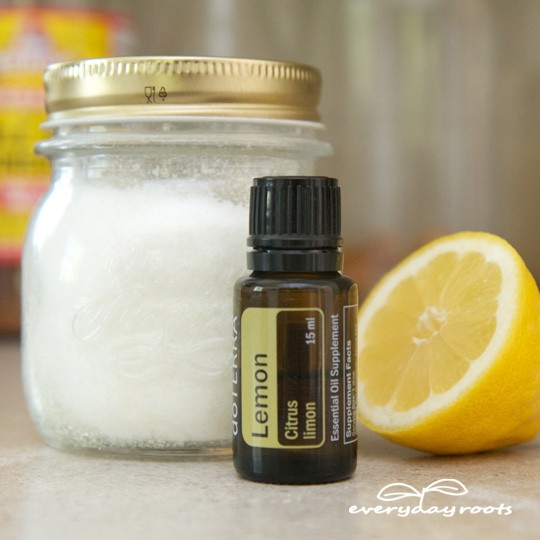Is a fabric softener actually useful? Yes, but only if eco-friendly and correctly formulated

Fabric softeners are a detergent widely used when doing laundry and have a dual function: the first is in keeping our clothes soft and ensuring they smell good. The second is balancing out the pH levels in order to ensure our clothes do not become too alkaline, which can cause skin irritation. Alkaline levels in laundry detergent tend to be high and fabric softeners restore the balance with their acidic formulation.
That said, commercial fabric softeners are often formulated with synthetic chemical compounds that can cause allergies and irritation and which leave residue on clothes which can damage them - and the washing machine - over time.
So, can we replace synthetic fabric softeners with natural alternatives that are more eco-friendly and less stressful on our clothes and washing machines? Well, there are many ecologically-friendly alternatives available in shops, but you can use DIY solutions.
Natural ingredients to soften your fabrics

Some people recommended mixing vinegar or citric acid and bicarbonate (baking soda) together to make a DIY, natural fabric softener. But this may not be a great idea since these two ingredients "cancel" each other out, one being an acid and the other a base. Further, the reaction between these two products produces carbon dioxide, which could be dangerous if this gas accumulates in the washing machine.
An ideal solution is to only use purely acidic products, like white vinegar or citric acid. By so doing, the acidic properties of these products will counteract the alkalines and mineral "hardness" in the water, preventing limescale and detergent residue from being deposited on the fibers of your laundry. You can also perfume your washing by adding 5 drops of an essential oil of your choice to the solution.
So which is best - white vinegar or citric acid? Without a doubt, the ideal solution is citric acid since, unlike white vinegar, it is a truly eco-friendly and non-polluting product.
Other methods to soften laundry naturally

Avoiding getting limescale deposits on fabrics is just one of the ways that keep you laundry soft:
- Measure out the detergent used properly: pay attention to the amount of detergent you use, as excessive quantities could leave residue on your clothes, making them feel hard;
- Thorough rinsing: rinse your laundry carefully and thoroughly to remove any lingering detergent residue from your clothes;
- Sodium citrate: this product acts as a sequestrant and can be added to citric acid in the softener dispenser compartment to prevent salts being deposited on fibers. Sequestrants are used in detergents in order to reduce the level of ions in water;
- Eliminate as much water as possible: run a spin cycle at maximum power to get rid of as much water as possible from your fabrics which, if very rich in mineral salts, could harden your clothes.
Thanks to these measures, your laundry will always be soft and damage-free!